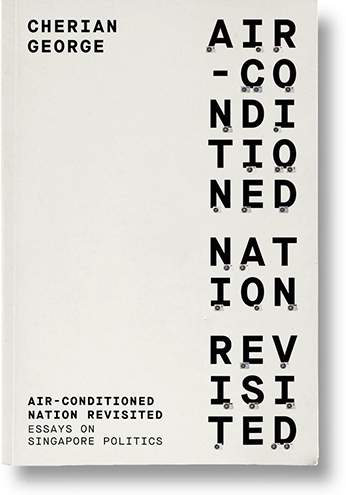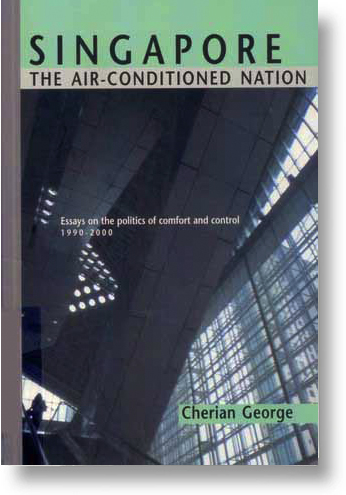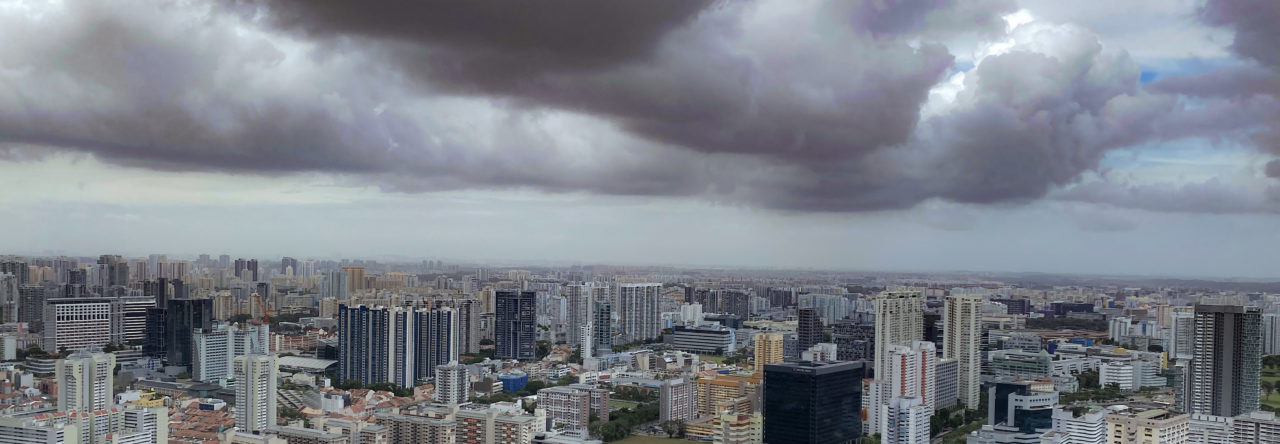
This website is carries many of my essays on Singapore politics, media and society. Older ones evolved into essays in my 2017 book, Singapore, Incomplete, and my 2020 anthology, Air-Conditioned Nation Revisited.

The original 2000 book, Singapore: The Air-Conditioned Nation is no longer in print. But it is freely accessible online via the Stanford University library, here.
More of my commentaries can be found at Academia.SG, my Freedom from the Press blog, and my personal website.
